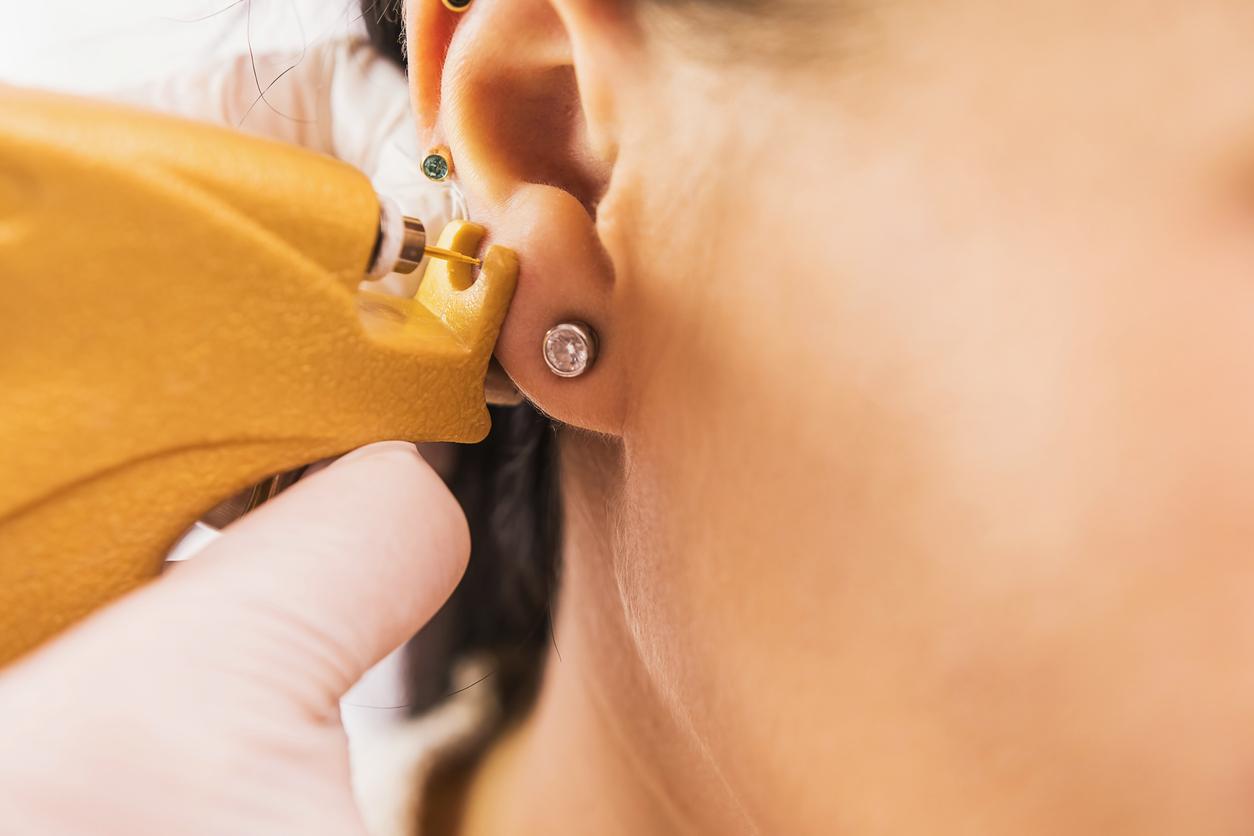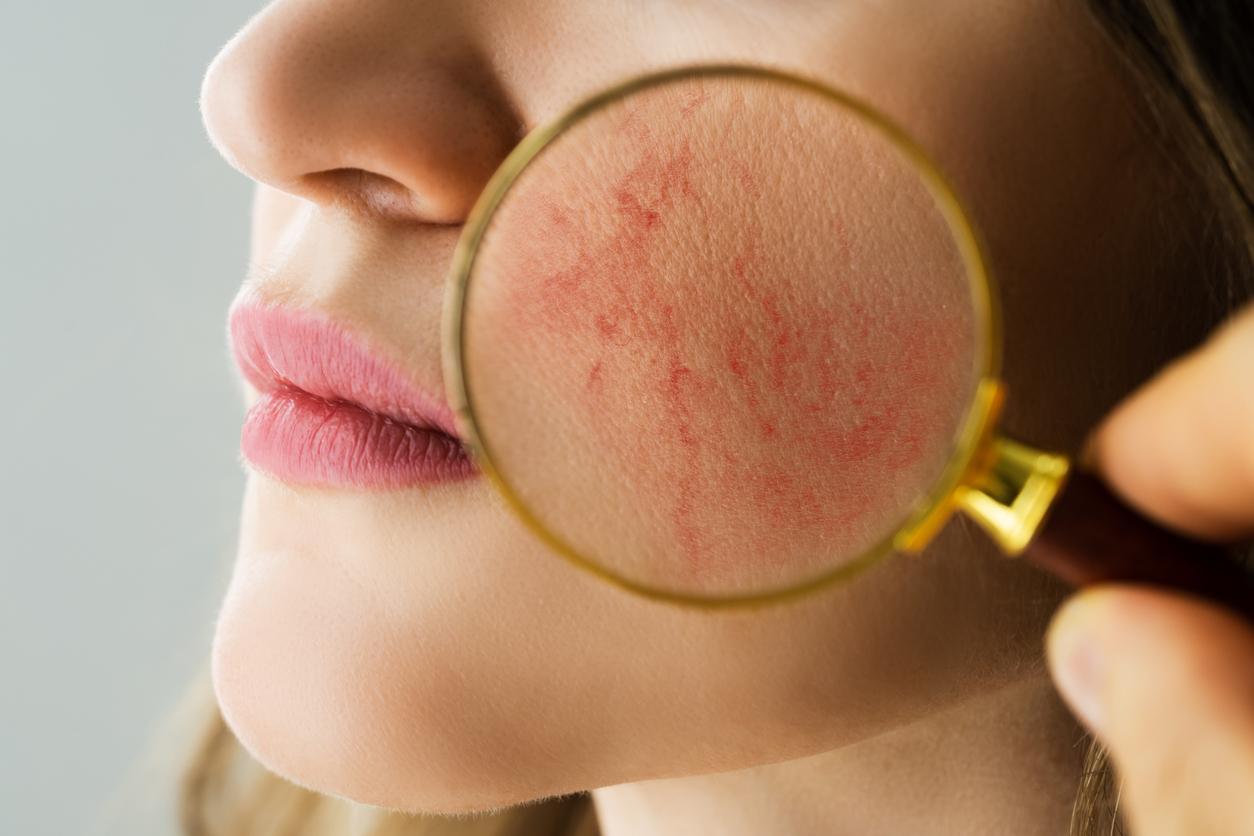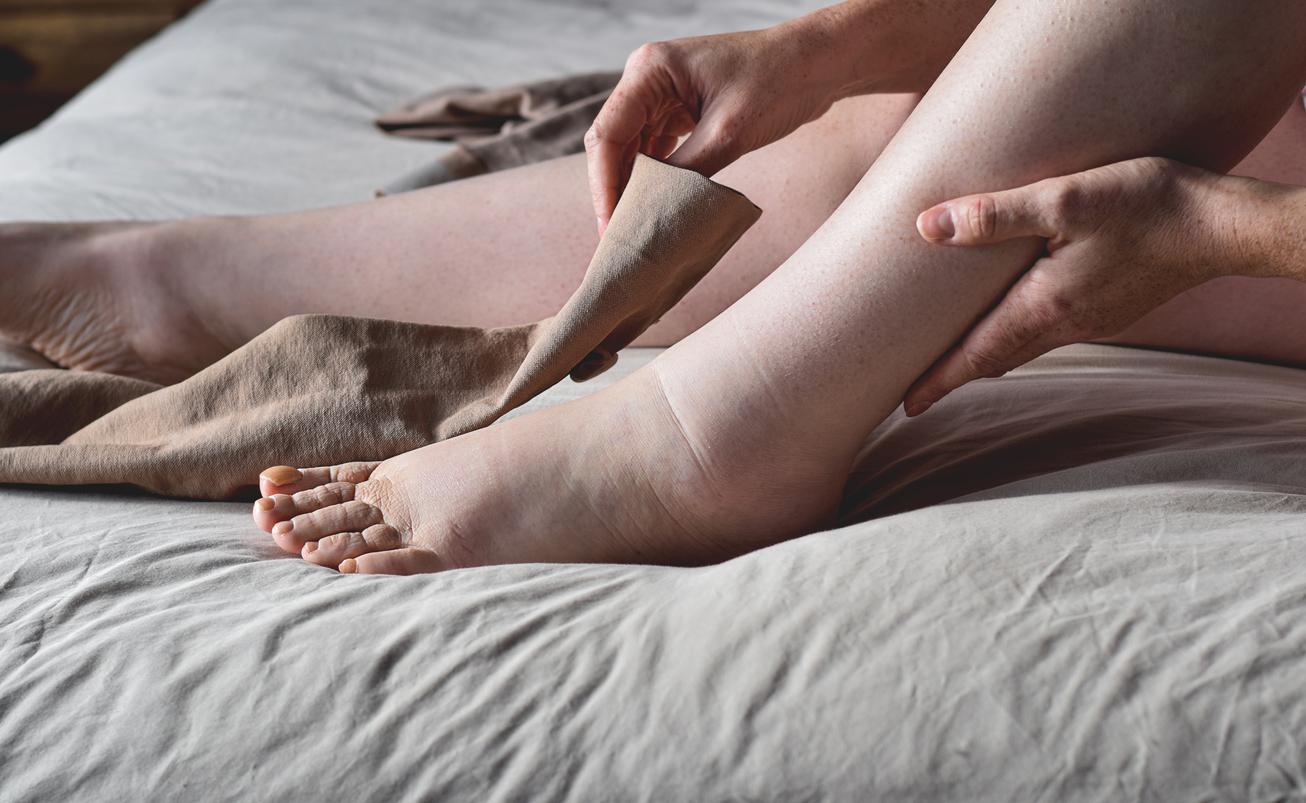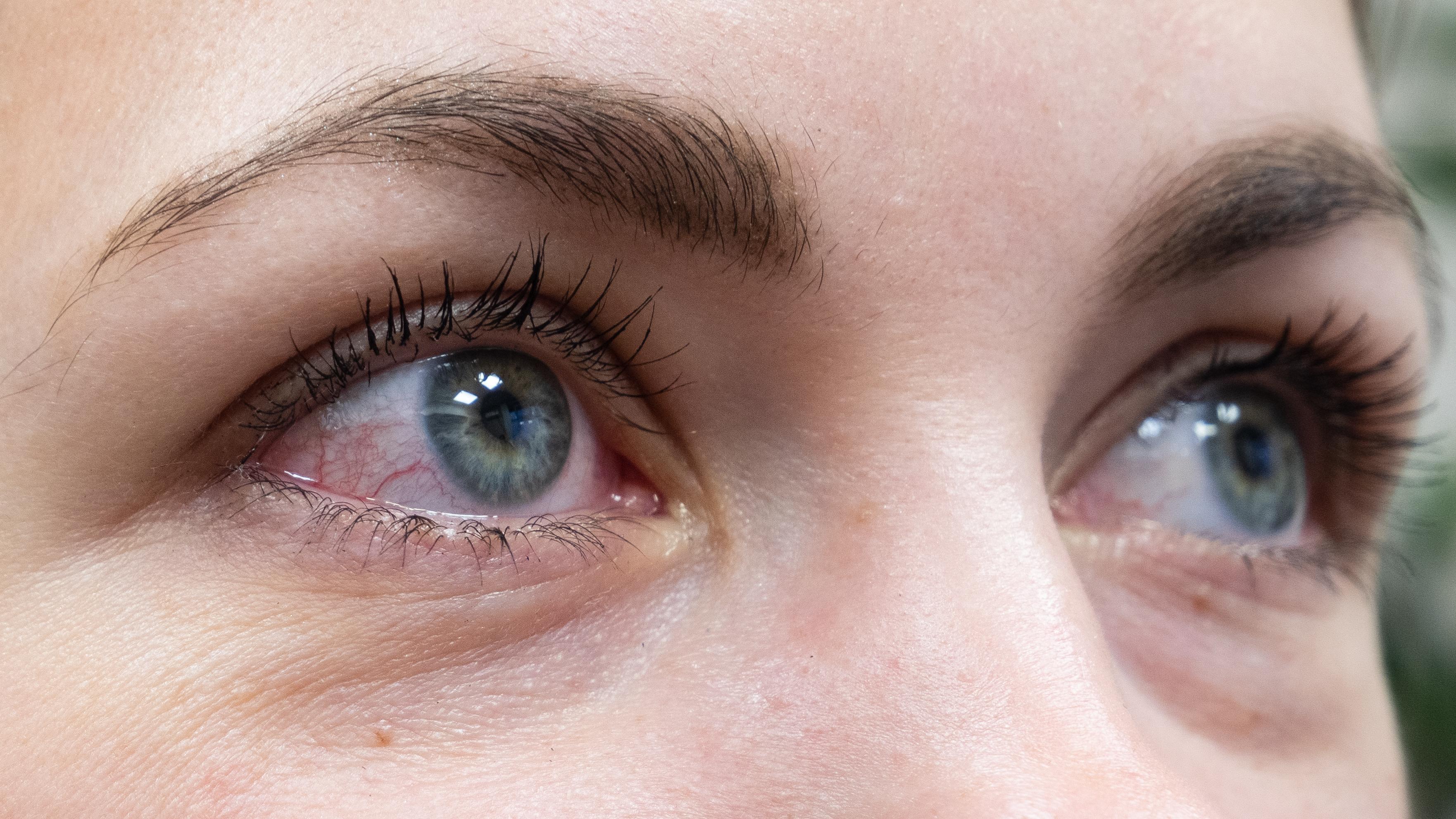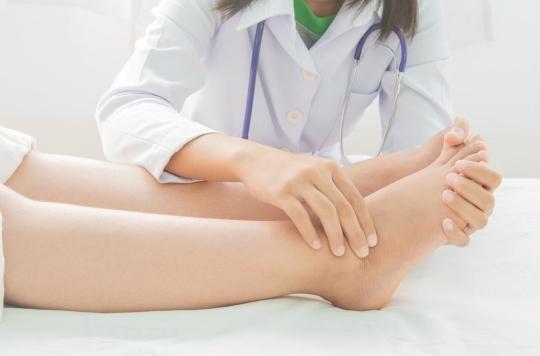If you notice any swelling, redness, or discoloration of the skin after having a navel piercing, these signs can alert you to a potential wound infection.
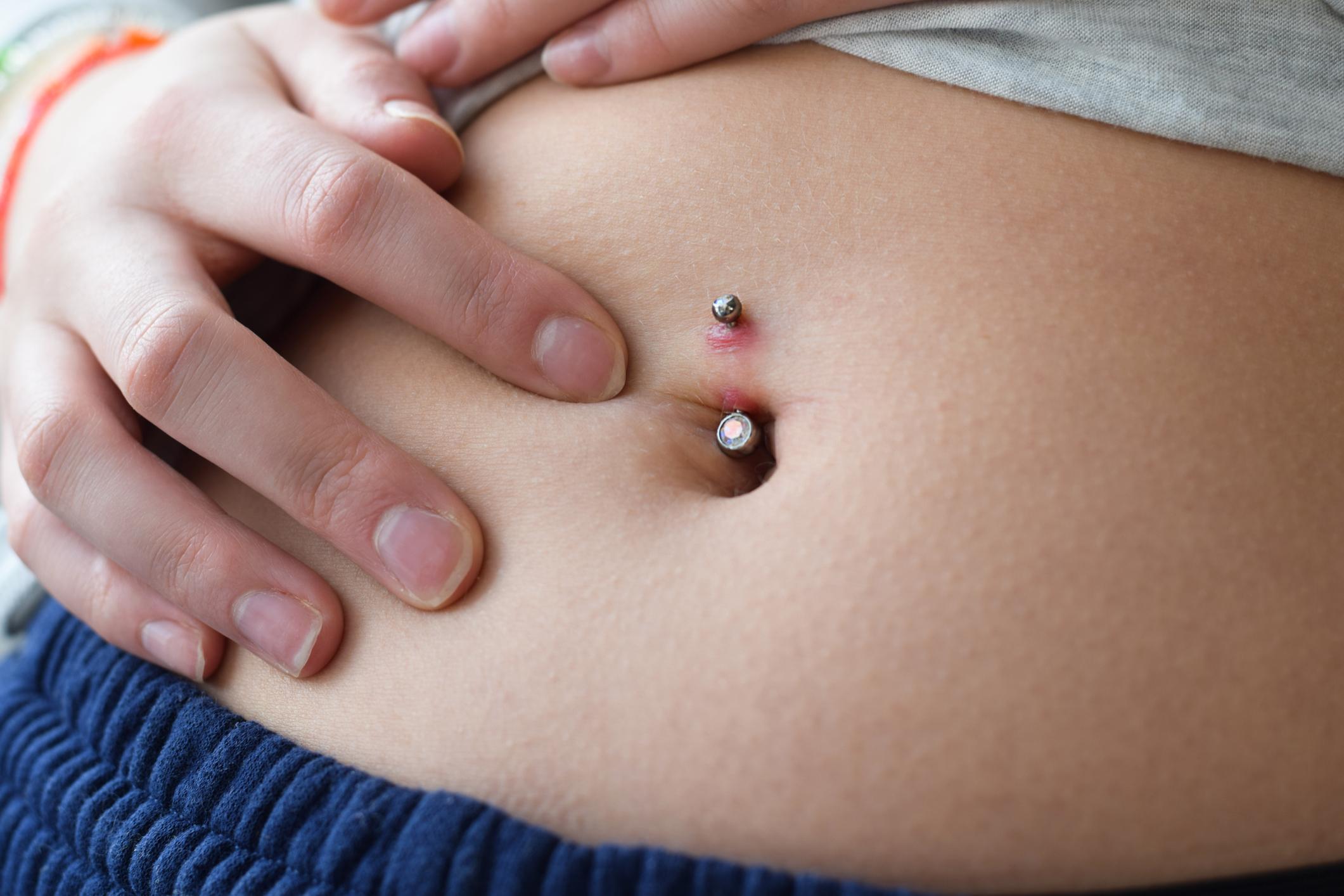
- After a navel piercing, it is possible for the area to become infected.
- Certain signs should alert you: swelling, heat, redness, presence of pus or even discomfort.
- It is important to choose the right piercer and to respect hygiene instructions.
You have decided to get a navel piercing. The healing time, you must keep a temporary jewel before putting on the model of your choice. Unfortunately, sometimes the navel area becomes infected after being pierced. Doctor Simon Hodes, general practitioner at the cleveland clinicexposed four signs that can alert to a potential infection:
- painful swelling or warmth in the belly button;
- increased redness or discoloration of the skin;
- the presence of pus at the level of the piercing which may be accompanied by a bad smell;
- a feeling of malaise which occurs however in very rare cases.
An allergic reaction can also occur following a piercing. “Symptoms may resemble those of an infection”said Doctor Simon Hodes, specifying however that an allergy to a metal is more like hives or patches of eczema.
How to treat an infected piercing?
In order to prevent or treat an infection related to a navel piercing, it is necessary to clean the wound twice a day. The general practitioner recommended in particular:
- wash your hands regularly, especially before touching the piercing;
- pour a mixture of salt water on a clean cotton ball before dabbing the pierced area to eliminate germs;
- rotate the piercing regularly;
- apply an antibacterial cream to the pierced area to treat infection and promote healing;
- Place a warm compress on the infected area to reduce any swelling.
“You have to commit to keeping your piercing clean from day one (…) If you don’t, you’re much more likely to have problems”warned Dr. Simon Hodes.
Belly button piercing: the right steps to avoid a new infection
Before taking the plunge, it is advisable to carefully choose your piercer. You can therefore find out about the different brands around your home. It is better to be vigilant, because a needle can be infected with serious pathologies such as hepatitis C or HIV.
To avoid a recurrence of infection, get into the habit of cleaning your piercing twice a day. Another recommendation from Doctor Simon Hodes: be careful in swimming pools, jacuzzis or lakes because of the bacteria present in the water which can cause an infection. In the majority of cases, however, it is recommended to wait two to three months before bathing, depending on the healing.







